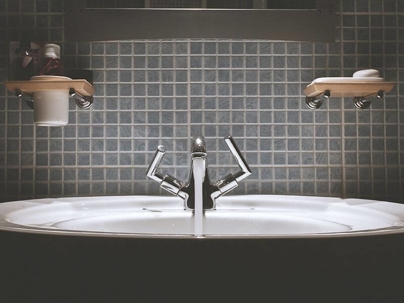As the leaves turn and the temperatures begin to dip in the Raleigh area, now is the perfect time to prepare your home’s plumbing for the winter ahead. At Midtown Plumbing, we advocate for seasonal maintenance to prevent costly problems like frozen pipes, burst fittings, or water heater failures. Below are ten essential fall plumbing tips to keep your system running smoothly through the colder months.
1. Check Outdoor Faucets and Hoses
Disconnect garden hoses, drain the outdoor spigots, and if you have frost-free spigots, make sure the shut-off valves are functioning. Leaving hoses connected or spigots open can allow water to freeze and back up into your home piping.
2. Inspect Your Water Heater
As usage often increases in colder months, check your water heater’s age, visible leaks, and inspect the pressure relief valve. If your unit is older than 10-15 years, consider scheduling a professional inspection or upgrade to ensure reliable performance through winter.
3. Insulate Exposed Pipes
Look under sinks, in basements or crawl spaces, and in unheated garage areas. Insulate any exposed water or drain pipes to reduce risk of freezing or condensation. Foam pipe covers are inexpensive and effective.
4. Drain and Test Your Sump Pump
If your home is equipped with a sump pump, fall is a great time to test its functionality. Pour a bucket of water into the pit and ensure the pump activates and drains properly. Winter melts and rain can create extra demand.
5. Check for Leaks and Drips
Go through your house and look for slow drips under sinks, around toilet bases, and at visible plumbing joints. Even small leaks can worsen in winter when ground and soil movement shift pipes.
6. Flush Your Water Heater and Clean Traps
Sediment builds up over time and can reduce efficiency or lead to early failure. Flushing your water heater and cleaning out floor-drain traps or basement drains helps keep your system healthy.
7. Inspect Your Sewer Clean-Out and Main Line Access
Make sure the sewer clean-out cap is secure and visible. If you’ve had prior backups, schedule an inspection before winter when heavy rains and frozen ground may stress your system.
8. Know Your Shut-Off Valve Locations
In the event of a plumbing emergency during the colder months, you’ll want quick access to your main shut-off valve and outdoor isolation valves. Label them clearly and make sure they turn easily.
9. Check Appliance Supply Hoses
Washing machines, dishwashers and refrigerators often use rubber supply hoses that degrade over time. Inspect them for cracks or bulges and replace if necessary. Winter water pressure surges can cause aging hoses to burst.
Why Fall Is the Right Time to Act
Waiting until deep winter often means dealing with frozen or burst pipes, emergency calls and more expensive repairs. Fall inspections are less rushed, more affordable, and give you time to plan. By taking action now, you help ensure your plumbing is ready for whatever winter brings.
Fall is the ideal time to prepare your home’s plumbing for the colder months ahead. By following these ten practical tips—from checking outdoor faucets and insulating pipes to scheduling a professional tune-up—you can dramatically reduce the risk of winter plumbing emergencies.
If you’d like help with your fall plumbing checklist, don’t hesitate to contact Midtown Plumbing. Our team is ready to keep your home safe, dry and worry-free.
Book your fall plumbing maintenance with us today: Call (919) 373-6788 or visit our website to schedule an appointment.

